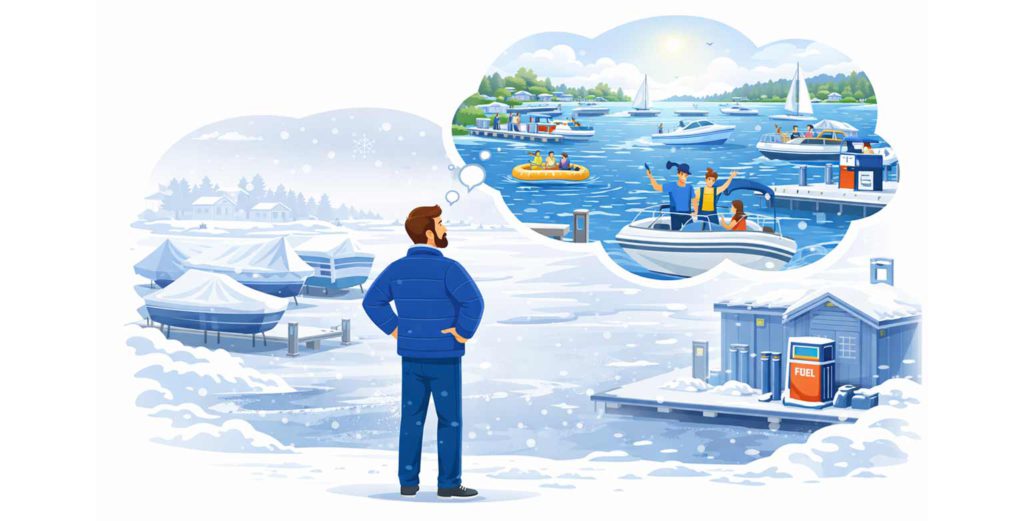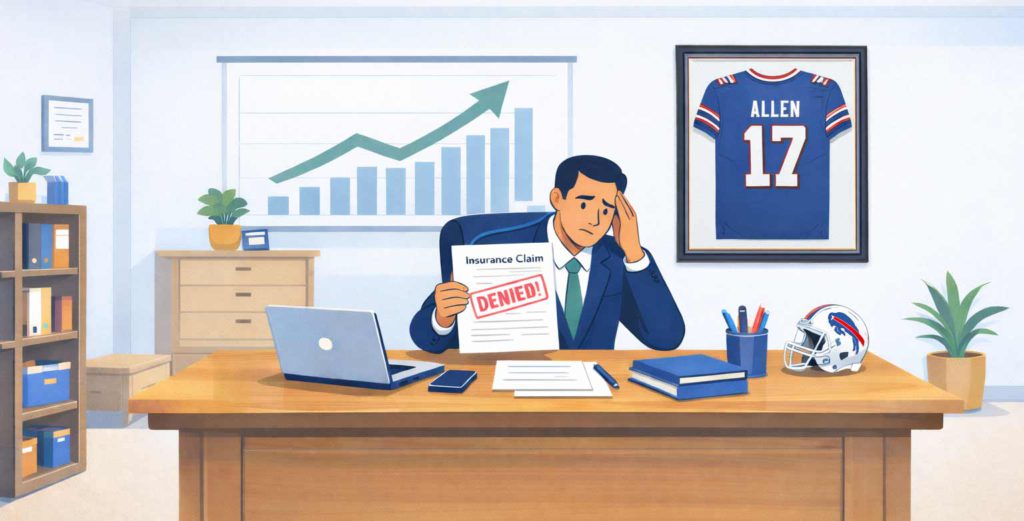April showers bring May flowers—sounds cute, right? But sometimes, water can do a lot of damage, and water damage isn’t cute at all. Additionally, water damage is not only dangerous; it can be extremely costly to repair. So the question is: if water-related accidents occur in your home, your business, your rental property, or your apartment, are you financially liable? What’s covered and what’s not? These questions are important for any individual, especially as more and more people are bringing their businesses home or starting one up from their living room.
Weed Ross offers years of experience dealing with an abundance of different insurance claims. As an independent, local insurance agency, we work with over 40+ insurance carriers that provide all kinds of policies. On top of that, we’re based in Upstate New York, so we know a little bit about unfortunate weather-based incidents and insurance claims. If you’re new to the area, you’ve merely adopted precipitation—we were born in it. But water damage doesn’t always refer to floods or heavy rainfall. Sometimes, it’s a leaky pipe or a forgotten bath drawing. So let’s dive a little deeper into what “water damage” means from an insurance perspective, so you know what might or might not be covered.
In this article, we will cover:
- What is water damage insurance?
- What types of water damage is not typically covered?
- Does homeowners insurance cover water damage?
- Does business insurance cover water damage?
- Does landlord insurance cover water damage on a rental property?
- Does renters insurance cover water damage?
What is water damage insurance?
Water damage insurance is coverage provided by several standard insurance packages for homes or commercial properties to protect the policyholder against sudden or accidental water-related incidents. The accidents that are covered by water damage insurance typically refer to burst pipes, toilet issues, or plumbing failures.
What types of water damage is not typically covered?
Water damage insurance doesn’t always cover what you think it might. A primary example: water damage that results from a flood would most likely need a separate flood insurance policy. Also, water damage insurance does not cover water damage that is a direct result of negligence, or the failure to adequately maintain the property in question. To avoid being drowned in water damage repair costs, it’s crucial to keep an eye out for leaky pipes or ceiling drippage. Mold is another classic indication of negligence, so you’ll want to take care of any repairs well before they turn into a moldy nightmare.
Does homeowners insurance cover water damage?
Most homeowners insurance policies will cover water damage as a part of the standard package. As a matter of fact, a large portion of home insurance claims routinely involve water damage. Most home insurance policies offer excellent coverage for plumbing system failures, toilet problems, and washing machine supply line failures. Frozen pipes are also another leading cause of water damage, and your home insurance should take care of you in these circumstances.
Does business insurance cover water damage?
Business insurance, or commercial property insurance, often covers basic water damage claims just as home insurance policies do. Broken or frozen pipes and toilet failures are some of the most common incidents, but HVAC systems and appliances are frequently just as troublesome. As a business owner, it’s critical to keep your eyes peeled for roof leaks, appliance leaks, and pipe leaks. And again, if your business is damaged in a flood, your business insurance won’t cover it—you’ll likely need a flood insurance policy.
Does landlord insurance cover water damage on a rental property?
Water damage is almost always covered by landlord insurance. However, the most common reason that a landlord’s claim is denied has to do with negligence. So as long as you’re keeping your rental property in good repair, you will most likely be covered by water damage from things like leaky pipes or appliances that don’t perform like they’re supposed to. Make sure your tenants know to look for signs of water damage.
Does renters insurance cover water damage?
Renters insurance will also cover most accidental or sudden water-related incidents. This includes burst or frozen pipes, ceiling leak damages (which are more common in rental units), and appliance or toilet failures. Backed up sewage lines or flood damage, however, are not usually covered by a renters insurance policy.
Still have questions about water damage? Swimming in too much information? Just need a friend? Give the local insurance experts at Weed Ross a call—we’re always here to help, no matter the scenario.



